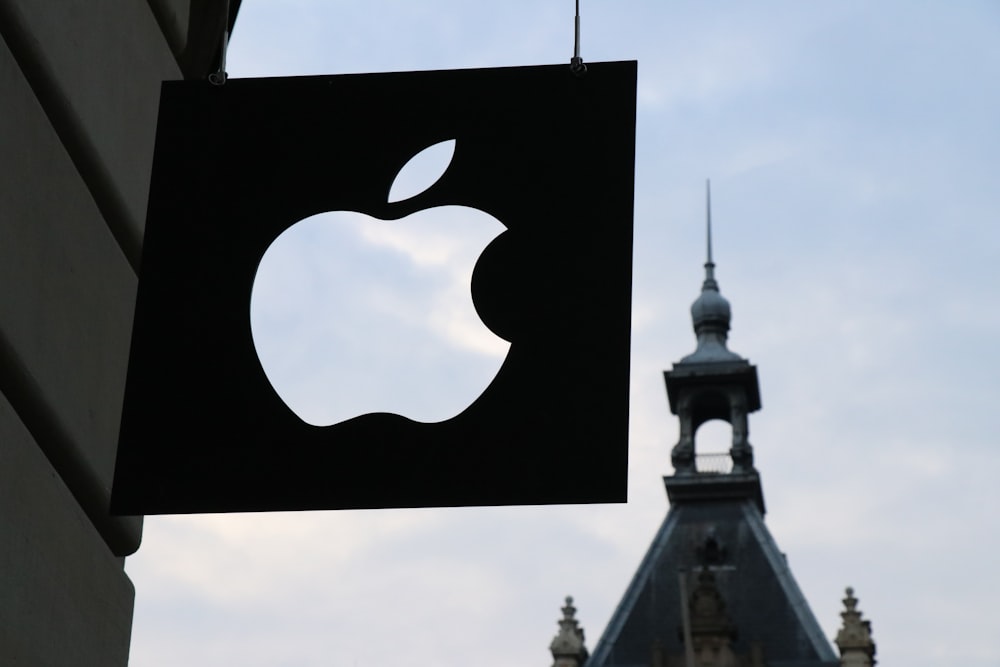Tariffs May Not Be The Biggest Problem Apple Is Facing Right Now
Image Source: Unsplash
To be fully transparent, I am a loyal iPhone and Mac user. I have also invested in Apple (AAPL) stock over the years, but after this latest development, I have sold most of it and I am seriously considering selling the rest if the ruling stands.
For those unfamiliar with Apple’s business model, the company makes money from two main sources: products and services. Products include the iPhone, iPad, Mac, and wearables like the Apple Watch. Services, however, are a growing and critical part of Apple’s business, contributing 26 percent of total revenue or about $96 billion dollars in fiscal year 2024, according to Apple’s latest 10-K filing.
(Click on image to enlarge)
A significant portion of Apple’s services revenue comes from its App Store, specifically the commission fees Apple charges developers for in-app purchases and subscriptions. Commonly referred to as the “Apple tax,” this is the well-known 30 percent cut that developers must pay Apple for any digital transaction conducted through their apps.
To give some perspective, if you run your own e-commerce site, you might pay around 2 to 5 percent in credit card processing fees per transaction. But if you sell a digital product through your iOS app, Apple takes 30 percent. This is not just a payment processing fee, but a platform commission. Android, through Google Play, also charges up to 30 percent, though it often defaults to 15 percent for subscriptions after the first year and for certain small developers.
This high commission has sparked years of tension between Apple and developers. Many argue that the rate makes it difficult for small or mid-sized app developers to remain profitable. In response, Apple introduced the App Store Small Business Program in 2020, which reduces the commission to 15 percent for developers earning less than 1 million dollars annually. However, once they exceed that threshold, even by a small amount, they are bumped back up to the full 30 percent rate.
Now comes the latest twist.
RIsk: Court Ruling over App Store Fees
On May 2, 2025, a U.S. court ruled against Apple in the ongoing legal battle with Epic Games. The decision requires Apple to allow developers to steer users to alternative payment methods outside of the App Store. This means developers may soon be able to bypass Apple’s 30 percent fee entirely, potentially reducing a key source of revenue from Apple’s services segment.
The impact of this could be far-reaching. If developers widely adopt external payment systems, Apple’s services revenue could face material pressure. More importantly, it signals the weakening of Apple’s tightly controlled ecosystem, which has long been one of its core advantages.
So while headlines focus on tariffs, supply chain disruptions, or hardware innovation cycles, investors may want to pay closer attention to this ruling. Apple’s control over its App Store and its ability to monetize it may be facing the most serious challenge yet.
Another Big Risk I See: Apple Losing the Chinese Market
As someone who has followed Apple closely and used their products daily for years, I am starting to worry that what is happening in China might be an even bigger threat than most people realize.
Thanks to the ripple effects of Trump’s tariff policies and the ongoing trade tensions between the United States and China, Apple is reportedly planning to move most of its iPhone production from China to India. Yes, India already makes some iPhones, but China remains the core of Apple’s manufacturing operations. Pulling out entirely is a major shift and will not come without complications.
What concerns me even more is how this move might affect how Chinese consumers view Apple. For years, Apple has been seen in China as a premium brand. Reliable, stylish, and aspirational. People wanted an iPhone because it said something about their taste and success. But now, with production shifting away and Chinese brands gaining ground in both style and quality, I worry that Apple’s status in the market is fading.
Apple’s own financials highlight just how important China is. According to its latest 10-K filing, Apple earned 72.6 billion dollars from the Greater China region in 2024. That is about 19 percent of its total revenue. That is not a number any company can afford to ignore.
But the warning signs are already there. Barron’s reported that Apple missed its revenue expectations in Greater China last quarter. Apple had guided for 16 billion dollars but came in 1 billion short of Wall Street’s forecast. The report points to rising trade tensions and stiffer local competition as the main reasons for the miss.
What really stood out to me was something Francisco Jeronimo, a vice president at IDC, said in an interview with Rest of World. He said, owning an iPhone today is not as much a status symbol as it was five to ten years ago. He also pointed out that Apple is starting to lag behind Chinese competitors in innovation. Consumers are now looking for more eye-catching devices, like Huawei’s foldable phones, which Apple has yet to match.
That is not easy to hear. I have always admired Apple for leading in both design and technology. But watching the market evolve, and seeing Apple react slowly, makes me wonder whether the company can maintain its edge in China. If Chinese consumers start choosing local brands instead, Apple’s market share and brand power could take a serious hit.
So between the court ruling over App Store fees and this growing uncertainty in China, I am feeling less confident about Apple’s near-term future. And as someone who still owns a bit of Apple stock, that is not something I say lightly.
More By This Author:
BitFuFu Jumps 26% After Earnings—What’s Driving The Surge?
Buy The Dip: Baidu's Strong Fundamentals Amidst Market Overreaction
Short-Term And Long-Term: Will Meta Become The Next Yahoo?




